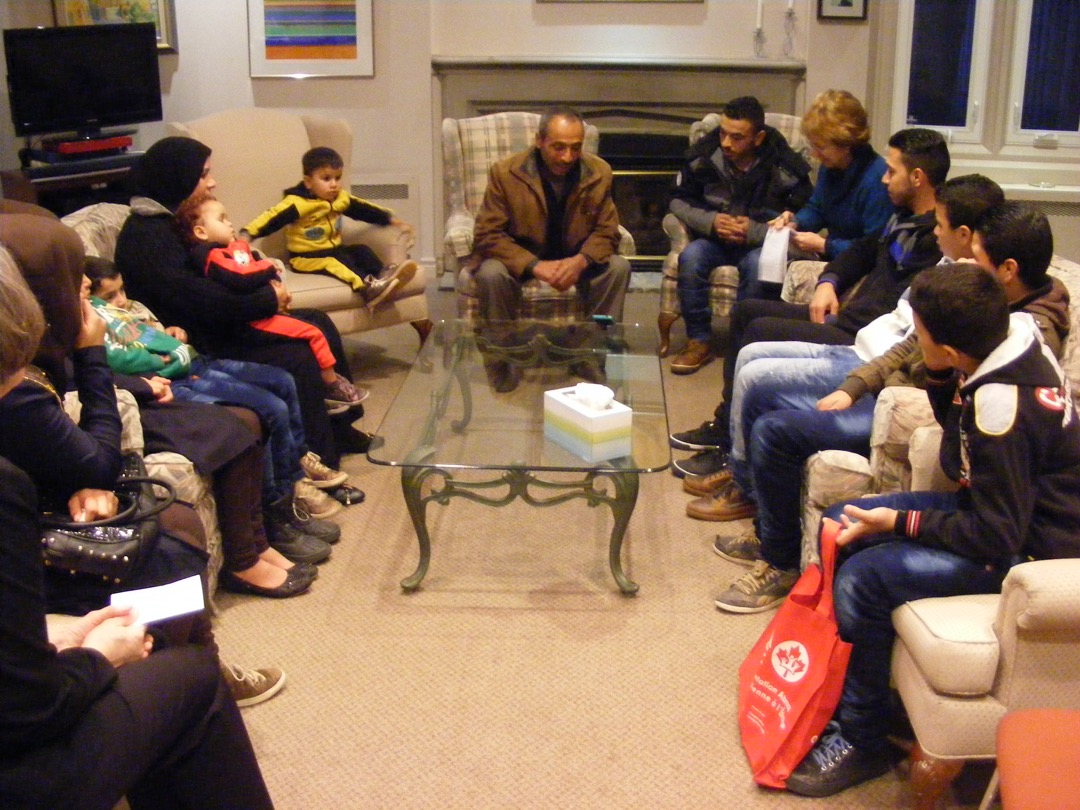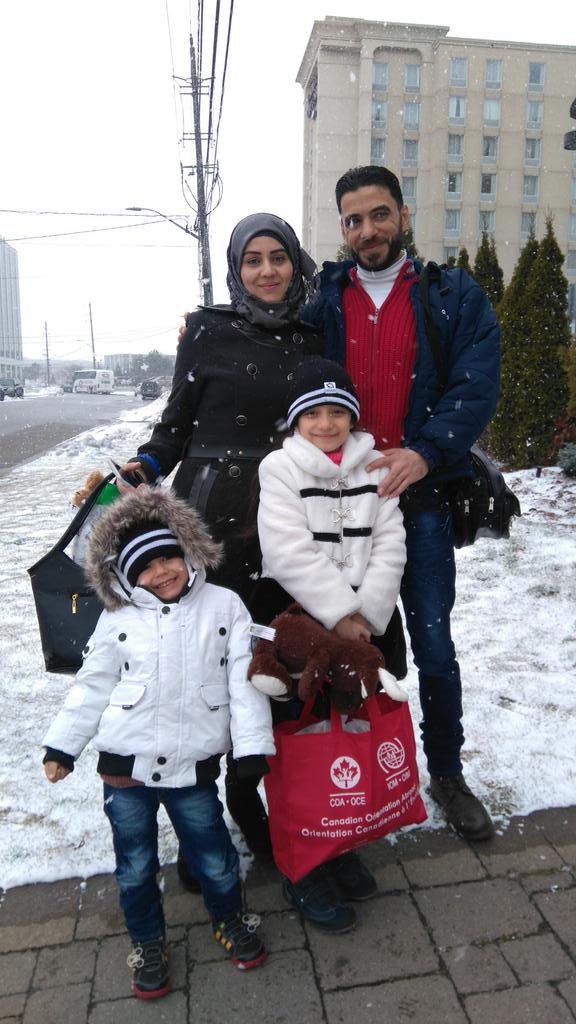Every minute of every day, 31 people are forced to flee their homes due to violence, war and persecution. This is equivalent to 44,400 people daily, and a total of 16.2 million displaced from their homes in 2017.
These statistics from a recent report by the United Nations High Commissioner for Refugees (UNHCR) reveal displacement levels are at a record high, with 68.5 million people forcibly displaced around the world.
Of those, 25.4 million are refugees, meaning they have not only been forced to leave their homes, but also their home countries.
Despite these rising numbers, 2017 saw a 54% drop in the number of refugees resettled by the international community, as compared to 2016.
Refugees have their lives uprooted and destabilized in a way most of us in North America will never know or understand. Many live without rights or proper homes in their countries of asylum.
Although we may find ourselves lacking knowledge and experience regarding the plight of refugees, every person who identifies as a Christian is intimately familiar with at least one refugee: Jesus.
According to the Geneva Convention, a refugee is someone who flees their home country due to violence, persecution or war. Jesus and his parents met this definition.
After Jesus was born, Joseph received warning that King Herod was sending soldiers to kill Jesus. God instructed Joseph to flee with his family to Egypt, where they could live in safety while the threat to Jesus’ life remained in effect.
Like baby Jesus, 52 percent of refugees are children, under 18 years of age. In their countries of asylum, many are unable to attend school.
Many of today’s refugees have a lot more in common with Jesus than just their refugee status.
The face of Jesus likely appeared more like that of an Iraqi or Syrian refugee than the white face seen on flannelgraphs in Sunday School class. In fact, Jesus grew up only 128 kilometres away from Damascus, the Syrian capital.
Similar in appearance or not, we know our call is to love our neighbour, for all people are beloved and made in God’s image.
In the Old Testament, God warns against those “who turn away the stranger,” or “deprive the foreigners living among you of justice”. (Malachi 3:4)
In Matthew’s gospel, Jesus tells us that when we feed the hungry, welcome the stranger and clothe the naked, it is as if we are feeding, clothing, and welcoming Jesus himself. But when we see people who are hungry, thirsty, naked, and dispossessed and do nothing, it is as if we have seen Jesus – in this position of greatest need – and ignored him.
We are called to do all we can to welcome refugees.
Jesus and his parents were forced to seek asylum in Egypt until it was safe for them to return home. Unfortunately for many refugees today, waiting to return is simply not an option. There is no end in sight to the threats of violence and armed conflict that forced them to leave their homelands.

For 1.2 million refugees, remaining in their country of asylum is not an option either. The UNHCR deems that these refugees – representing the full diversity of God’s creation – need a new place to call home, as they face danger in both their home country and their current country of residence.
They are eligible for refugee sponsorship, but in need of refugee sponsors.
This is our opportunity to feed, clothe and welcome the stranger as an equivalent child of God.
To learn how you can welcome the stranger through refugee sponsorship, contact the Reverend Scott McLeod below.
Emily Fitch served as Refugee Sponsorship and Settlement Assistant for Niagara Diocese.

Resurrection of Hope in Thundering Waters